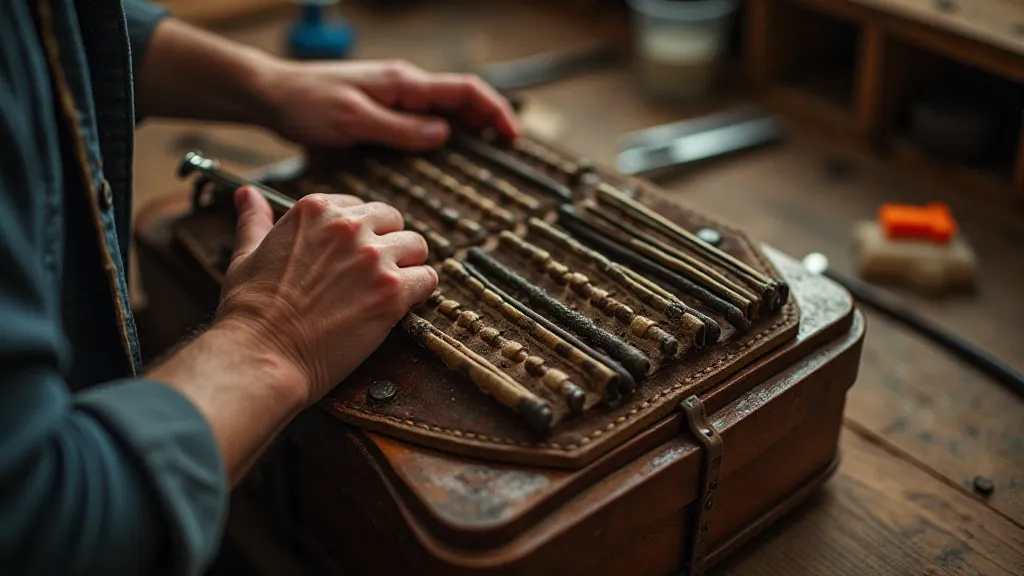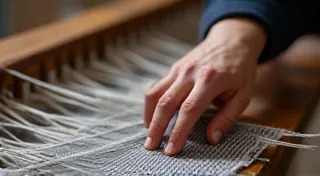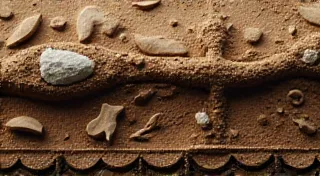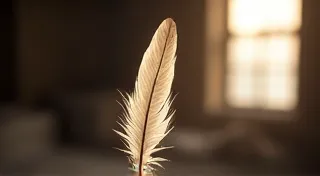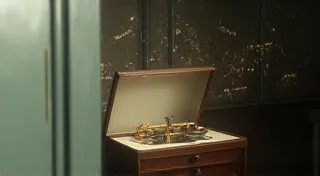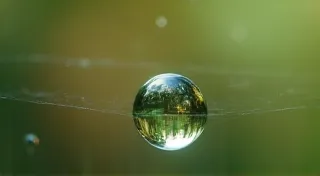The Alchemy of Skill: How Play Refines Character
There's a profound beauty in the echoes of the past, a quiet power that resonates from objects worn smooth by time and use. Think of an antique accordion, its bellows sighing a forgotten melody, its keys gleaming faintly under a shaft of sunlight. It’s not just an instrument; it’s a testament to dedication, craftsmanship, and the patient nurturing of skill. The same principle, I believe, applies to the regional traditional games that are quietly disappearing from our modern landscape. These aren't simply diversions; they are miniature forges, shaping character through repetitive actions and strategic thinking.
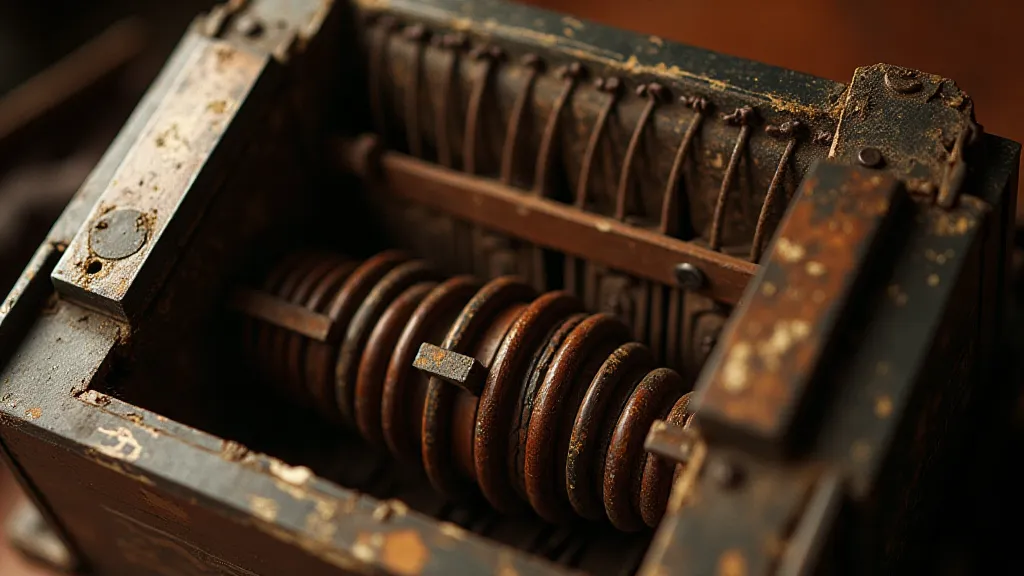
Beyond the Rules: The Formation of Perseverance
We often focus on the rules of a game – the scoring, the winning conditions. But the true value lies in the journey, the persistent effort required to master the nuances of play. Consider *Kubb*, a Swedish lawn game resembling a blend of bocce and chess. It demands not only accuracy in throwing wooden batons but also a keen understanding of spatial relationships and opponent psychology. The repetitive practice – the countless hours spent honing one’s throwing technique, learning to predict the arc of the batons, anticipating a rival’s move – isn’t about fleeting victory. It’s about cultivating perseverance. The frustration of missed throws, the slow, incremental improvement, these build a resilience that transcends the game itself.
My grandfather, a man of few words, taught me *Mancala* when I was a child. It’s a simple game of counting and capturing stones, yet incredibly strategic. I remember feeling utterly defeated at first, consistently outmaneuvered by his calm, deliberate moves. He never gloated, never criticized. Instead, he simply pointed out the subtle shifts in the board, the potential moves I had overlooked. It was a lesson not just in the game itself, but in the value of patience and thoughtful analysis – qualities that served me far beyond the confines of a carved wooden board.
The Creativity Forged in Tradition
Many regional games aren’s explicitly codified. They’re fluid, evolving within communities, adapted to local conditions and resources. *Rondalla*, for instance, a traditional Filipino game played with dried gourds (usually made into balls), isn't standardized. The size and weight of the gourds, the rules governing their throw, even the boundaries of the playing field, are often negotiated by the players themselves. This inherent flexibility fosters creativity. It encourages improvisation, problem-solving, and the ability to adapt to changing circumstances – essential skills for navigating the complexities of life.
Restoring antique accordions offers a similar perspective. It's not enough to simply replace broken parts; you need to understand the original intent of the craftsman, to intuit the subtle nuances of the instrument’s design. You might need to devise your own solutions, adapting techniques and materials to achieve the desired outcome. It's a constant exercise in creative problem-solving, born from a deep respect for the object's history and purpose.
Social Intelligence: Learning to Play Well Together
Traditional games are often deeply intertwined with community life. They serve as social lubricants, bringing people together across generations and social strata. *Chin-lon*, a Burmese sport involving rattan balls and legs, is a prime example. It’s a team activity that demands exceptional coordination, communication, and trust. Success isn’s solely dependent on individual skill; it requires a seamless interplay of talents, a shared understanding of roles and responsibilities. The rituals surrounding the game – the pre-game ceremonies, the post-game celebrations – reinforce these bonds, solidifying the sense of shared identity and purpose.
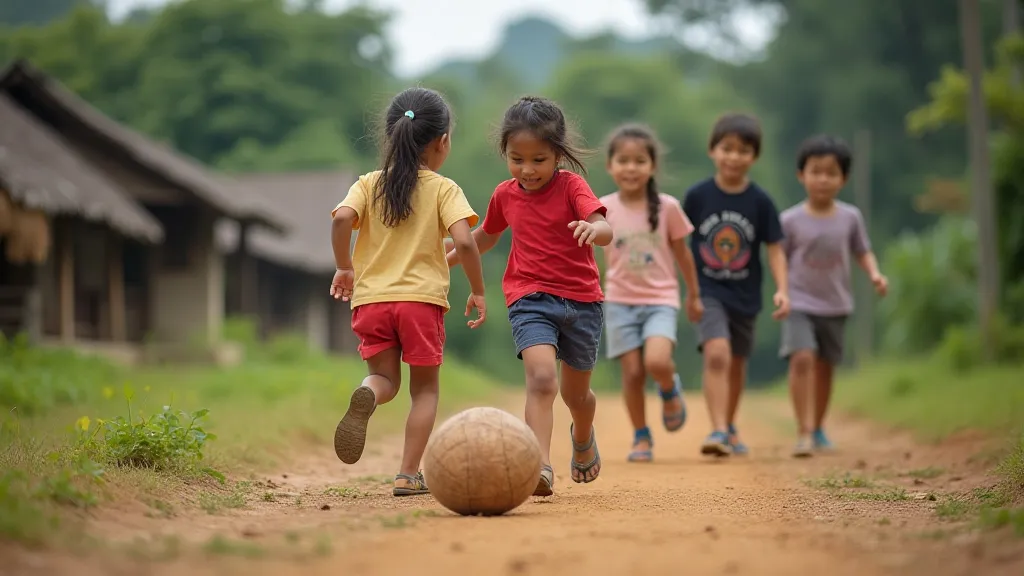
The act of collecting antique accordions isn't solitary either. It often involves engaging with a community of fellow enthusiasts – sharing knowledge, trading instruments, preserving the stories behind them. This shared passion fosters a sense of camaraderie and mutual respect, enriching the experience for everyone involved. A similar dynamic exists within communities that actively preserve and promote traditional games.
The Silent Erosion and the Urgent Call to Preservation
Sadly, many of these invaluable cultural treasures are disappearing. Modernization, urbanization, and the relentless march of technology have marginalized traditional games, relegating them to the margins of society. Children are increasingly drawn to screen-based entertainment, neglecting the opportunity to engage in meaningful physical activity and social interaction. The skills and knowledge embodied in these games are at risk of being lost forever.
There’s a certain melancholy associated with holding an antique accordion, knowing that it represents a lineage of craftsmanship and a tradition of musical expression that is gradually fading. Similarly, witnessing a once-thriving game slowly disappear is a poignant reminder of the fragility of cultural heritage.
However, there is still hope. Across the globe, dedicated individuals and communities are working tirelessly to revive and promote traditional games. By actively participating in these efforts, by teaching these games to younger generations, we can ensure that these invaluable cultural treasures endure. It’s more than just preserving games; it’s preserving the character they forge.
The Enduring Legacy
The alchemy of skill – the transformative power of play – is a fundamental aspect of the human experience. Traditional games offer a unique window into the hearts and minds of past generations, revealing the values, the beliefs, and the aspirations that shaped their lives. They are a testament to the enduring power of human creativity, resilience, and social connection. Let us strive to safeguard these treasures, not merely as relics of the past, but as living embodiments of the qualities that define us as human beings. Like the mournful, yet hopeful sigh of an antique accordion, their melodies are worth preserving.
